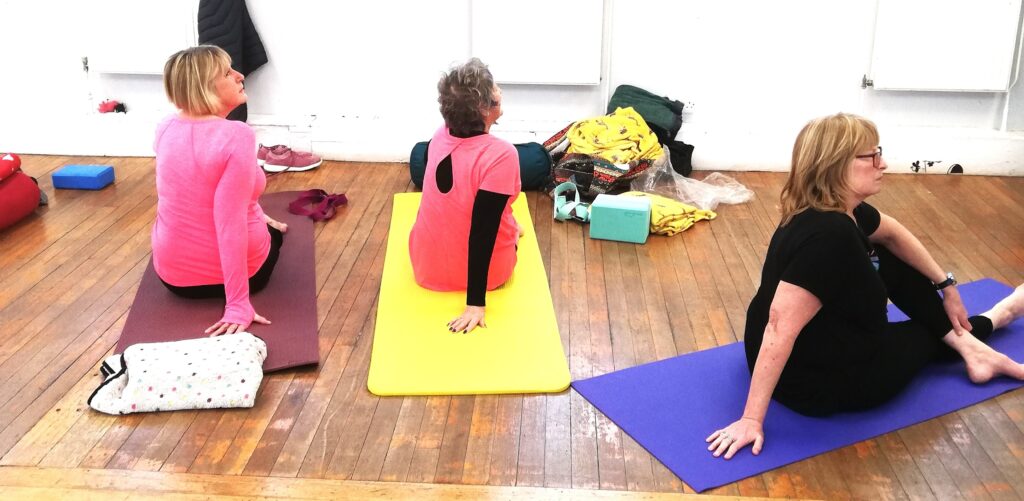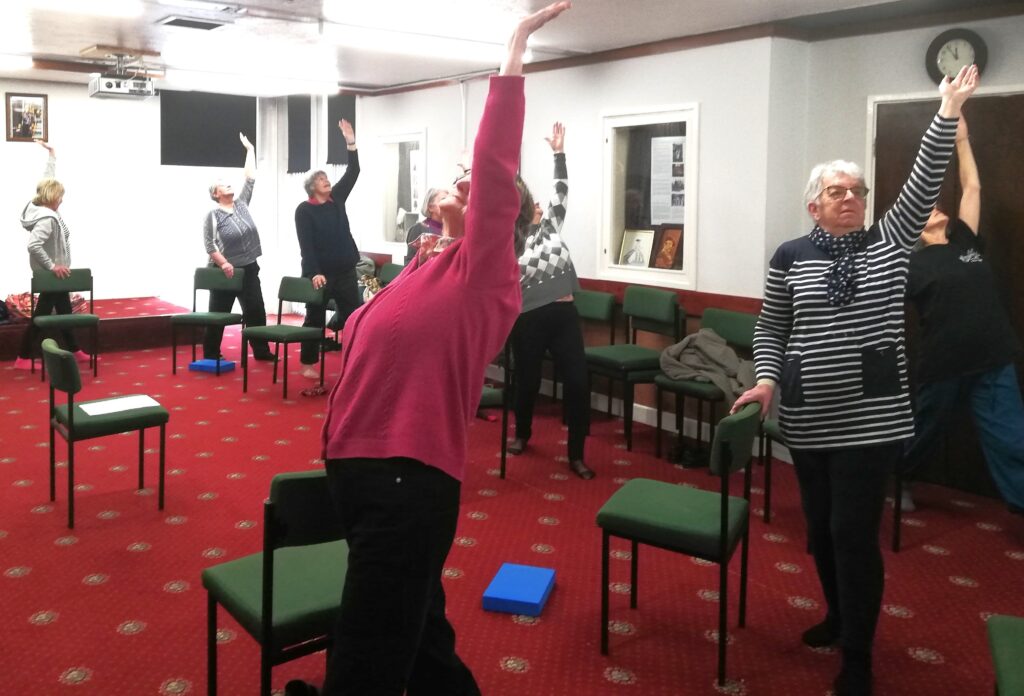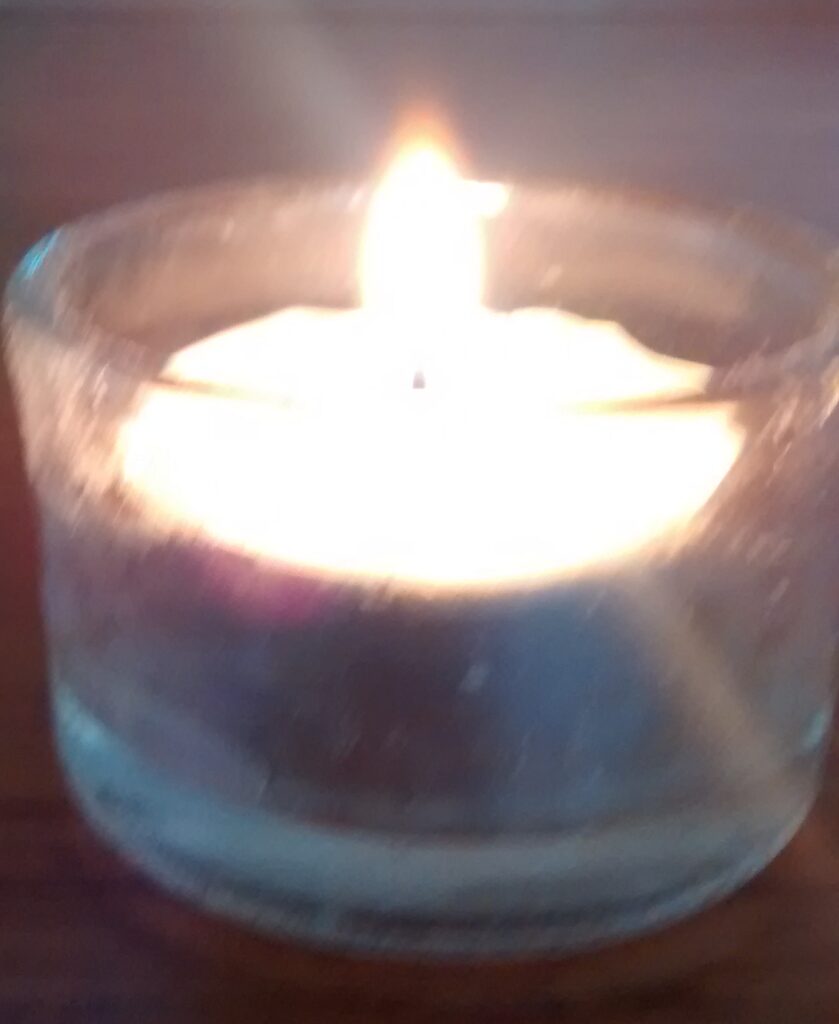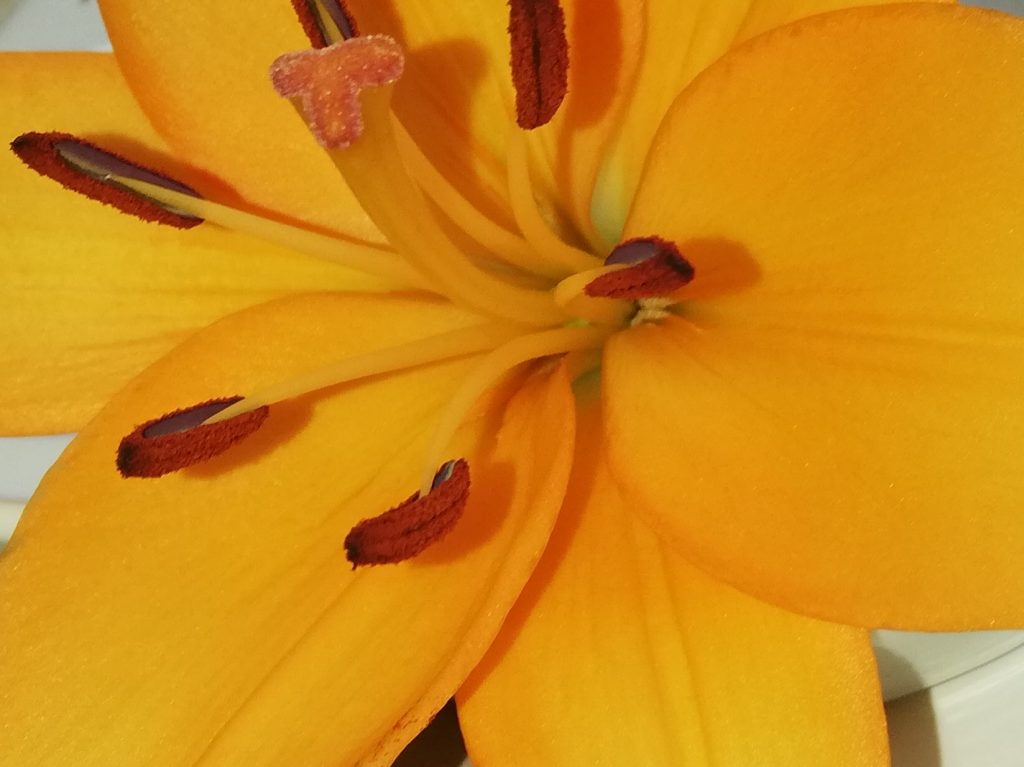One of the most frequently heard expressions today is “I’m stressed”. Stress is an inevitable part of modern-day living, however, most stress can be reduced considerably and even eliminated. Here are some considerations when contemplating stress in your life, and suggestions for reducing it:
(1) What causes me to become stressed? Commonly shared examples of stressors are: Time-keeping, negative relationships, and money … However, stress is very personal. What may stress one person, will not stress another.
(2) What can I do to reduce my stressors? Take, for example, being unpunctual. If being late stresses you, then allow more time for your journey, plan for the unexpected, and add extra time if necessary. Give yourself more time than you are likely to need so that you can relax and enjoy the journey, rather than rushing and arriving stressed and on edge.
(3) What can I not change? If you cannot change it, then try to make it acceptable by viewing it from a different perspective. Annoying relatives perhaps will seem less annoying if you can understand and accept your differences.
(4) Invest some time on your mat in quiet contemplation. Ask yourself “why am I stressed, and what can I do about it right now?” Allow the question to settle, and quietly watch your breath. Trust in your vijnanamaya kosha, the wise part of us that holds the answers, and wait for inspiration to come. It may not come as quickly as you like, and it may not always been the answer you were hoping for, however it will be the right answer for you.
(5) Contemplate the Serenity Prayer, and let it’s wisdom inspire you to trust in the guidance you receive:
“God, grant me the serenity to accept the things I cannot change,
Courage to change the things I can,
And the wisdom to know the difference.”
(6) Be active and expunge negative energy. Use the adrenalin that your body is supplying: Run, walk fast or choose a more energetic yoga practice … whatever works for you.
(7) Breathe consciously – slowly and deeply, comfortably and with control. Focus on the body as you breathe. Notice the rise and fall of the front of the body with each breath-round. Notice the lungs expanding with the in-breath and the body softening with the out-breath. Allow the breath to ease the mind and the body into a state of tranquillity. Remind yourself that it is impossible to breathe slowly and calmly and be stressed or anxious at the same time. So now you have a choice to be calm or stressed. Although stress starts in our mind, we can erase it through the way we use our thoughts, our breath or our body. And a combination of all three is powerful … it is what we call yoga!
Om Shanti (Peace to Everyone)
If you would like to know more about yoga, stress and anxiety management, mindfulness or relaxation techniques please
contact Sarah, email me at: freetothinkmail@aol.com, find me on Facebook under Free To Think, or text or telephone me on: 07817623330







 over them – not fact. When we exercise power over our feelings we are choosing, to a much greater extent, how we feel. Our feelings are largely influenced by our thoughts and our thoughts are the result of our previous experiences, influences and beliefs in any situation. Therefore if you have learned to feel guilty if somebody around you is upset, you will most likely feel guilty. If your first reaction to perceived aggression is to retaliate in
over them – not fact. When we exercise power over our feelings we are choosing, to a much greater extent, how we feel. Our feelings are largely influenced by our thoughts and our thoughts are the result of our previous experiences, influences and beliefs in any situation. Therefore if you have learned to feel guilty if somebody around you is upset, you will most likely feel guilty. If your first reaction to perceived aggression is to retaliate in  envious, upset or offended, don’t react, pause for thought. Literally. Be
envious, upset or offended, don’t react, pause for thought. Literally. Be 
 ps:
ps: ng heart disease, hypertension, diabetes, osteoporosis and a number of diet-related cancers such as: colon, breast, cervix, gall bladder, ovary, thyroid, kidney, prostate and esophagus. The added benefit of ensuring that you are eating a nutritional diet is that your body will function at its optimal best which means that you will naturally feel better too.
ng heart disease, hypertension, diabetes, osteoporosis and a number of diet-related cancers such as: colon, breast, cervix, gall bladder, ovary, thyroid, kidney, prostate and esophagus. The added benefit of ensuring that you are eating a nutritional diet is that your body will function at its optimal best which means that you will naturally feel better too. e hedge count. Research shows that exercise results in: up to a 35% lower risk of coronary heart disease and stroke; up to a 50% lower risk of type 2 diabetes; up to a 50% lower risk of colon cancer; up to a 20% lower risk of breast cancer; a 30% lower risk of early death and, a 30% lower risk of depression.
e hedge count. Research shows that exercise results in: up to a 35% lower risk of coronary heart disease and stroke; up to a 50% lower risk of type 2 diabetes; up to a 50% lower risk of colon cancer; up to a 20% lower risk of breast cancer; a 30% lower risk of early death and, a 30% lower risk of depression. This is the experience of “losing yourself in the moment” or, as sports players say, “being in the zone.” Pitch the task correctly by choosing something that is challenging but achievable and then lose yourself in it. Immersing yourself in this way allows you to “switch off” from all your everyday concerns and experience a greater enjoyment of life.
This is the experience of “losing yourself in the moment” or, as sports players say, “being in the zone.” Pitch the task correctly by choosing something that is challenging but achievable and then lose yourself in it. Immersing yourself in this way allows you to “switch off” from all your everyday concerns and experience a greater enjoyment of life. n we are more self aware we are naturally better able to make choices that are good for us deep down without being so affected by external influences. Self-awareness builds trust in our own judgement and facilitates a happier level of being.
n we are more self aware we are naturally better able to make choices that are good for us deep down without being so affected by external influences. Self-awareness builds trust in our own judgement and facilitates a happier level of being.